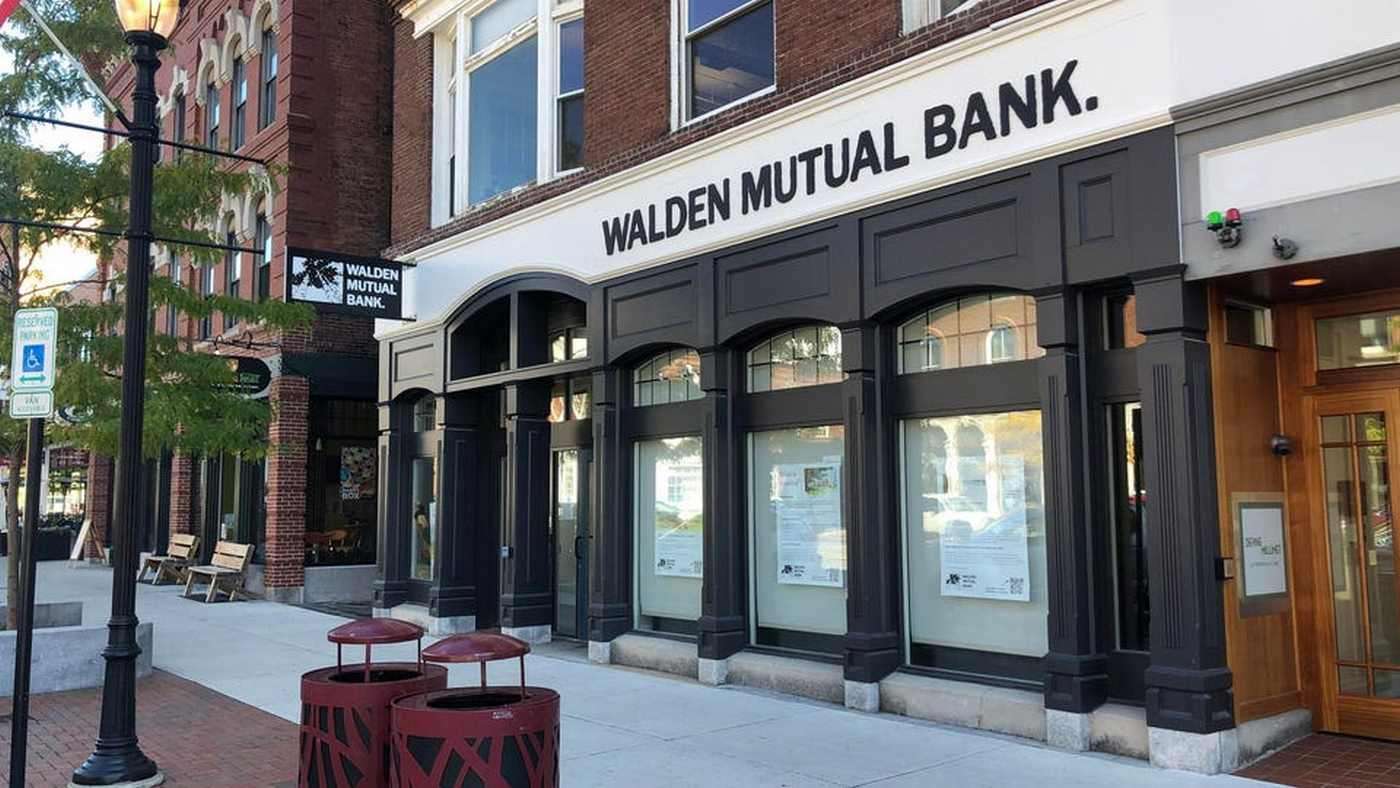Turning Problematic Sea Algae into a Replacement for Plastic in Common Products
Fertilizer runoff into the ocean causes blooms of chocking bacterial algae, which this scientist is turning into a big green business.

In New England, entrepreneurs have taken an unorthodox path to support local and sustainable agriculture—they started a bank.
Encapsulating the spirit of Thoreau, Walden Mutual Bank, newly approved by the FDIC, is reviving the mutual savings bank in order to direct a community's savings towards supporting local food operations that are trying to grow US agriculture in the right direction.
The key difference between Walden and other banks is that normal banks take their clients' deposits and invest them in projects—some of which might not be aligned with the customer's morals or principles, such as industrial agriculture, lab-grown meat, or fossil fuel extraction.
Walden depositors can rest easy knowing that their money is used only to provide loans for local agriculture operations—like Monadnock Berries, a pick-you-own fruit orchard in Troy, New Hampshire, started by immigrants from the UK in 1995.
Other than that, Walden Mutual offers regular banking services such as credit, debit, and savings accounts called the "Grow Local" accounts. The interest rate is competitive and every account receives a summer dividend based on deposit amounts to spend at any number of partner farms, orchards, pastures, or dairies.
"We've been very pleasantly affirmed by peoples' response to our message and mission," Walden Mutual CEO Charley Cummings, told Forbes in an interview.
"It's very clear that there is a large population of people (both young and old, urban and rural) who care deeply about things like sustainability and local food – to the point of considering it part of their own identities."
The mutual savings bank, sometimes called a mutual savings and loan, accounted for 80% of deposits in New England in 1914. The concept grew in America out of the desire mainly by entrepreneurs and philanthropists to teach the value of saving to the middle and lower classes—of making one's money work for them.
Economies grow rich through savings, not spending, and the more a nation's wealth is sequestered and invested into the next generation, the richer the nation as a whole becomes.
Yet after the Federal Reserve Act created America's central bank, the model of the mutual savings bank begin to decline.
Indeed Walden Mutual is the first new mutual savings bank registered in New England in 100 years.
INVEST Your Time Into Sharing This Mission-Focused Bank With Your Friends…
Be the first to comment